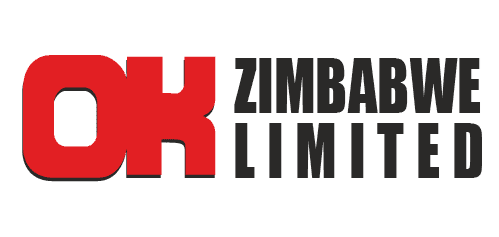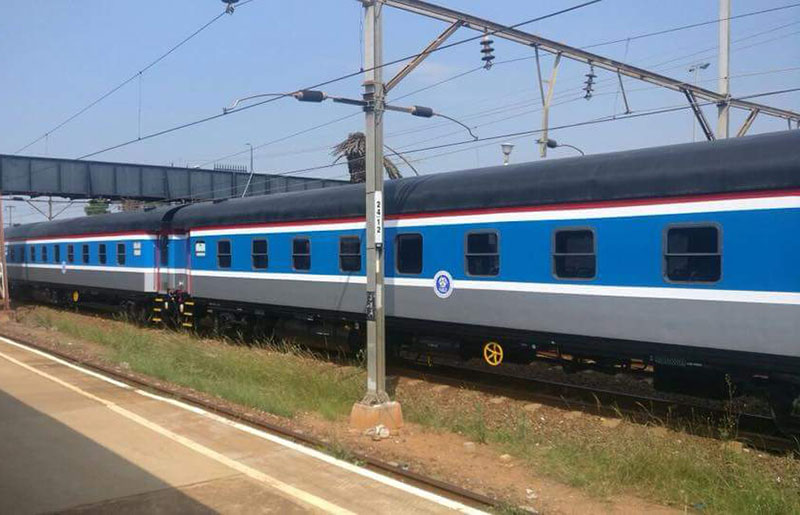New twist to NRZ recapitalisation deal
Following a resolution by the National Railways of Zimbabwe (NRZ) board to re-engage the Diaspora Infrastructure Development Group (DIDG) over cancellation of the US$400 million deal to revive the State-owned rail operator, and subsequent negotiations to that effect, the Government has raised a stop sign, saying the transaction remains cancelled and any engagements should be abandoned.
DIDG entered into a joint venture with South African logistics group Transnet and won bid to help revive the struggling national rail operator in August 2017, but the Government terminated the deal in October 2019, blaming the investors for failing to provide a viable funding plan. The Government owns 100 percent of NRZ.
DIDG is suing NRZ for terminating the deal. A memorandum to the board, seen by Business Weekly, said a “representative” through the office of Secretary of the Ministry of Transport advised the management NRZ had no mandate to engage DIDG since the deal was terminated by Cabinet.
According to the memo, the board had resolved to re-engage DIDG on August 14, 2021. “In the circumstances we have put on hold all correspondence and engagement process with DIDG,” said Respina Zinyanduko, NRZ acting general manager in the memo dated August 31, ostensibly communicating the directive from the parent ministry.
In light of the ministry’s directive, Ziyanduko sought board’s “advice on way forward.” Efforts seeking a further comment from Zinyanduko proved fruitless.
Transport and Infrastructural Development Minister, Felix Mhona yesterday made a Uturn on his earlier position confirming the negotiations saying “that decision (to cancel the deal) was made by the Cabinet and there is no contrary to that.” Mhona recently told Business Weekly efforts were being made to resuscitate the deal.
“It is process that has just began and we will allow the process to flow so that we will not jeopardise it,” Mhona said.
Calls seeking comment from NRZ chairman Martin Dinha were not answered.
This week, the Cabinet approved the memorandum of understanding between Zimbabwe and the Republic of Turkey on joint venture in transport which seeks to strengthen bilateral agreements on NRZ. The benefits of the MOU include recapitalisation of NRZ,
modernisation of the rail and aviation infrastructure among others, Information Minister Monica Mutsvangwa told a post Cabinet conference on Tuesday. “This blends very well with the drive for international engagement and the mantra that indeed Zimbabwe is open for business,” said Mutsvangwa.
How the deal collapsed
The government said the decision to cancel the deal came after the consortium partners missed the deadline to provide a viable funding plan. This was after the initial framework agreement in which negotiations were to be concluded expired in February 2019.
This was extended by six months in which, the investors managed to secure funding with the African Export-Import Bank appointed lead arranger for the transaction.
In a letter to Dinha in August 2019, DIDG executive chairman Donovan Chimhandamba, said funding for the project had been secured.
“Following the extension of the framework agreement by the Government of Zimbabwe by a further six months from 15 February 2019, we are pleased to confirm that as the Diaspora Infrastructure Development Group have raised the required US$400 million funding for the NRZ recapitalisation project, including an additional US$20 million to address startup and working capital requirements of the Joint Venture Concession Company,” said Chimhandamba said.
“We also confirm that as DIDG we have our shareholder approvals and we are ready to proceed with the implementation of the project. We are also pleased to inform you that as DIDG we have appointed the African Export-Import Bank as our mandated lead arranger for the NRZ US$400 million recapitalisation project.”
The deal was, however, subject to signing the joint venture agreements, which would have paved way for opening company accounts and appointment of a transitional executive including non-executive chairman, interim chief executive officer as well as finance, technical and human resources executives. The release of the funds would have been subject to obtaining approvals including the consents, authorisation, licenses and
certificates from the appropriate authorities and institutions.-eBusiness Weekly










